The True Extent of America’s Food Monopolies, and Who Pays the Price
The Guardian
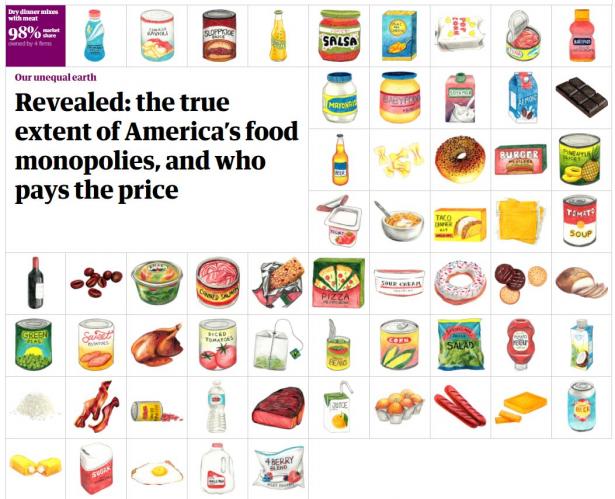
A few powerful transnational companies dominate every link of the food supply chain: from seeds and fertilizers to slaughterhouses and supermarkets to cereals and beers.

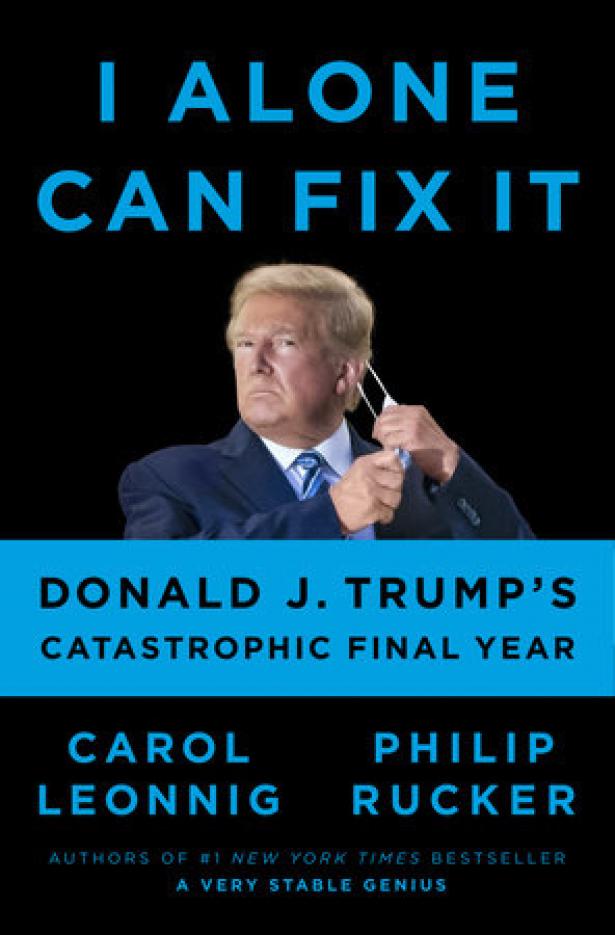

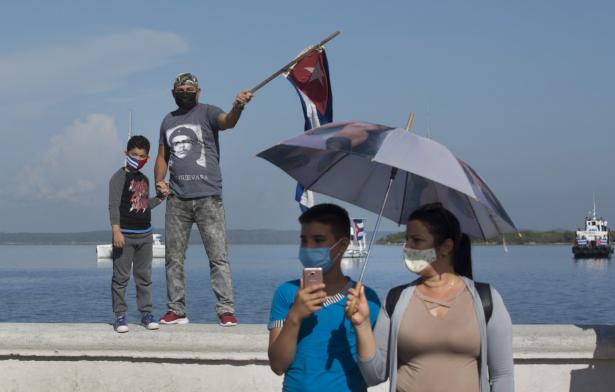
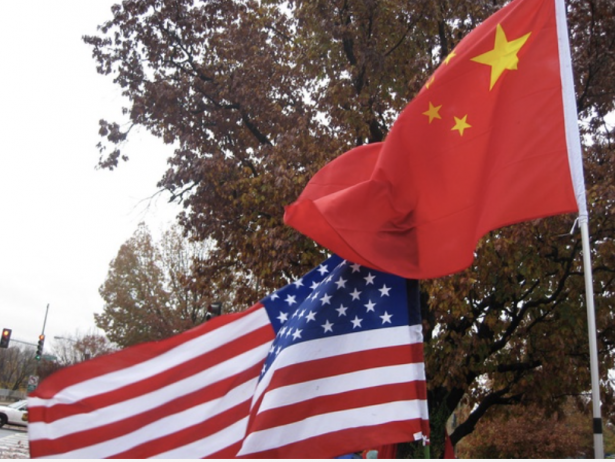
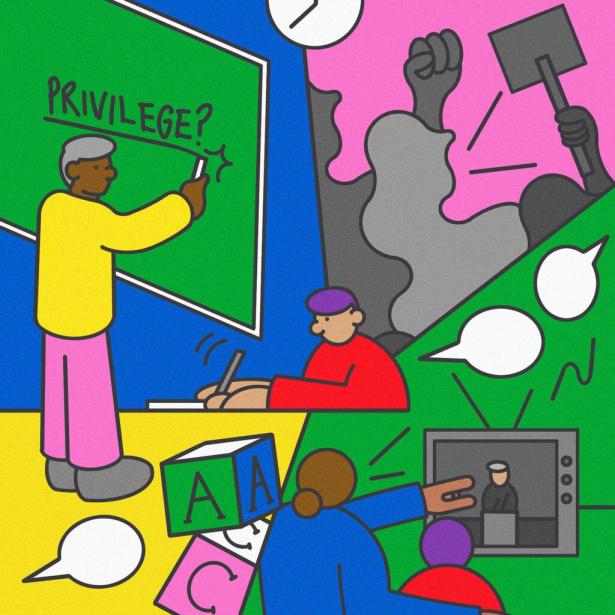
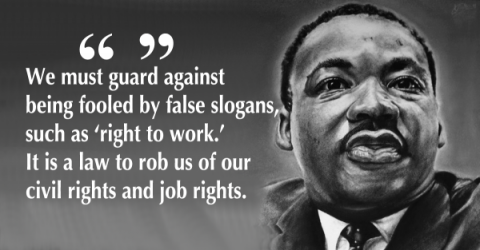

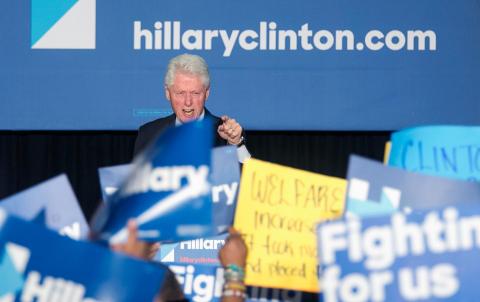
Spread the word